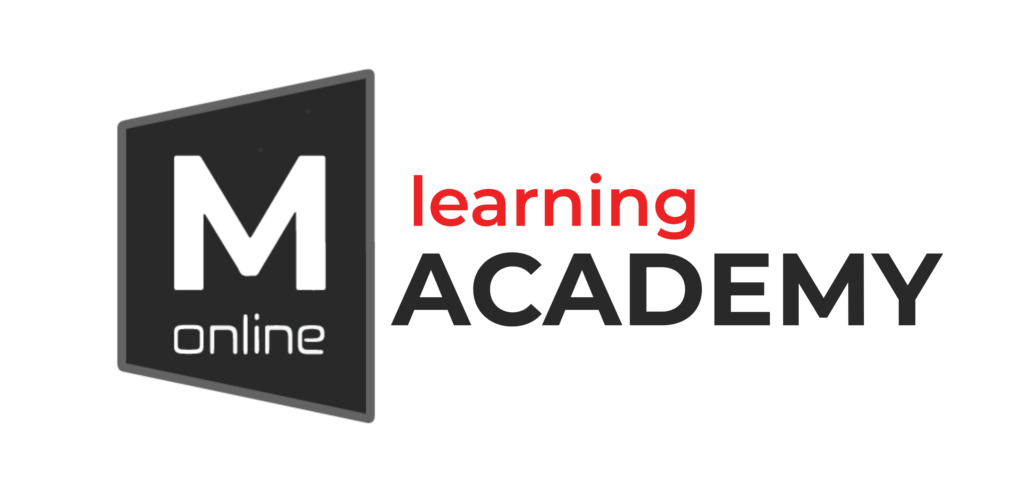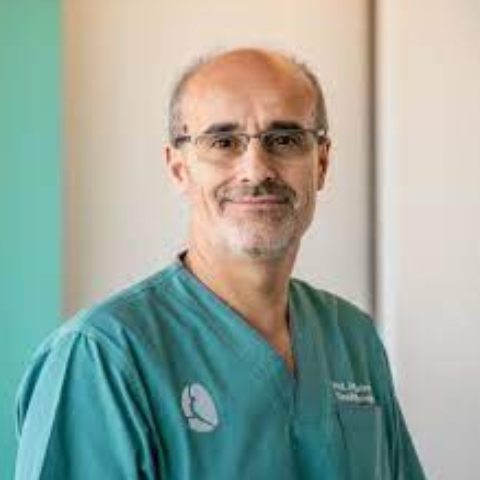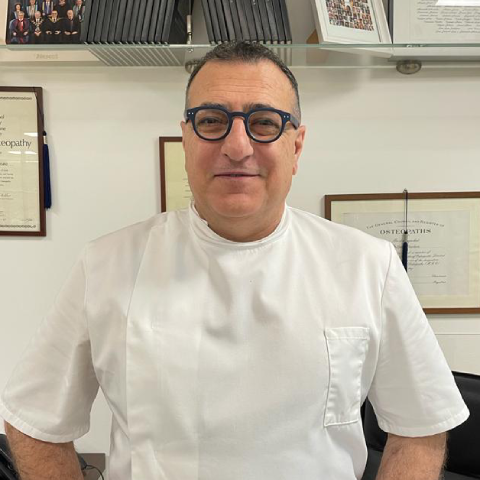Managing Complex Clinical Presentations in Osteopathic Practice: A Clinical Oriented Course with Real Patients
Introduction
This 3-day course, titled “Managing Complex Clinical Presentations in Osteopathic Practice: A Clinical-Oriented Course with Real Patients,” is designed to enhance osteopaths’ understanding and ability to manage patients with complex and diverse bodily symptoms. Osteopathic clinical practice often involves patients who present with a broad range of symptoms that may not fit neatly into a particular clinical category or a body-centred model of osteopathic care.
The course will provide participants with a comprehensive understanding of how patients’ bodily symptoms may be a product of their lived experiences, inseparable from their environment, and within an osteopathic conceptual framework. Participants will gain a deeper understanding of their patients’ bodily symptoms as a process of sensemaking and learn how to communicate effectively with patients experiencing persistent
pain and other physical symptoms. Jorge Esteves and Alfonso Mandara will work with real patients to guide participants through the entire osteopathic evaluation and care process, using real patients to illustrate effective communication with patients experiencing persistent pain and other physical symptoms, thorough examination techniques, and developing a person-centred plan of care.
Through practical demonstrations, group discussions, and hands-on practice with real patients, participants will learn to identify and screen patients for red and orange flags to ensure appropriate referral and management. The course will also cover theoretical frameworks such as Enactivism, Free Energy Principle, and Predictive Processing to understand the person seeking care and the Enactive-Ecological model to guide person-centred osteopathic care. This course is an excellent opportunity for osteopaths looking to enhance their ability to manage complex cases and provide comprehensive care to patients experiencing persistent pain and other physical symptoms.
During this three-day course, Jorge and Alfonso will guide you through the journey of clinical complexity by enabling you to understand:
• Models of osteopathic care
• Persistent pain, functional syndromes, and medically unexplained symptoms
• Identification and screening of patients for red and orange flags to ensure appropriate referral and management
• Enactivism, Free Energy Principle and Predictive Processing as theoretical frameworks for understanding the person seeking care
• Enactive–Ecological model to guide patient-centred osteopathic care
• The importance of developing a robust therapeutic alliance
• Clinical reasoning through the lens of the Skilled Intentionality Framework: therapeutic ecological niches, hands-on care, and affordances
• Developing a person-centred plan of osteopathic care
• Regaining agency: the role of osteopathic and multidisciplinary care
• Case presentations and discussions of four real patients with headaches and facial pain, persistent neck pain, low back with radicular symptoms, persistent wide-spread bodily symptoms
Learning objectives
Upon completion of this course, participants will be able to:
• Critically evaluate models of osteopathic care and how to apply them to complex clinical presentations.
• Develop practical skills and theoretical knowledge to manage patients with persistent pain, functional syndromes, and medically unexplained symptoms.
• Learn to identify and screen patients for red and orange flags to ensure appropriate referral and management.
• Understand theoretical frameworks such as Enactivism, Free Energy Principle, and Predictive Processing to guide patient-centred osteopathic care.
• Develop person-centred plans of osteopathic care to address patients’ persistent symptoms and regain agency through osteopathic and multidisciplinary care.
As an osteopath and cognitive scientist specialising in chronic musculoskeletal pain, Professor Jorge Esteves is a passionate advocate for evidence-informed, person-centered care. Currently, he serves as a Professor of Osteopathy and Vice-Principal at Malta ICOM Educational, an Honorary Professor at the University College of Osteopathy in
London, and a researcher with Collaboration for Osteopathic Medicine Research in Italy.
His research interests center around the reconceptualisation of osteopathic care within
the frameworks of enactivism and active inference. To this end, he critically evaluates theories and research from enactivism, embodiment, ecological psychology, free energy principle, predictive coding, interoception, and allostasis, with a particular focus on chronic pain and persistent physical symptoms, and the neurophysiological and psychological effects of affective touch.
Professor Esteves is dedicated to advancing the field of osteopathy through rigorous scientific inquiry, and to developing innovative, effective treatments that empower patients to achieve optimal health and well-being.
Alfonso Mandara obtained his Diploma in Osteopathy from the European School of Osteopathy in Maidstone (UK) in 1993, and later earned his bachelor’s degree from the University of Wales. He returned to Italy to devote himself to private practice, research, and teaching, and became one of the founders and General Director of the fist full-time college in Italy.
With a growing passion for osteopathic care and a tireless dedication to his numerous patients, Alfonso gained the respect and collaboration of physicians and hospital executives, which ultimately led to establish the International College of Osteopathic Medicine (ICOM) in 2007.
Today, Alfonso Mandara serves as the Principal of the highter education Istitute – Malta ICOM Educational, and he is also the President of the Italian Osteopaths Federation (FeSIOs).
As a pivotal figure in the development and regulation of osteopathy, Alfonso collaborated with the World Health Organization (WHO) in the drafting and approval of the “Benchmark for osteopathic training” document, which was published in 2010. He also worked closely with important European Professional Associations to help recognise the osteopathic profession in Italy.
Today he is fully dedicated to the international grow of Malta ICOM Educational in many countries around the world.
Osteopaths
Certificate of continuous professional development (CPD) issued by Medi-Cine Online Learning Academy
35
24 h
3 days - 1 Module
On completion of the course, participants will not be entitled to call themselves osteopaths without the possession of professional license or registration as osteopaths from a competent healthcare regulatory authority. The course tutor will not be responsible for damage caused by participants to colleagues during the course or subsequently to their patients in clinical practice.





